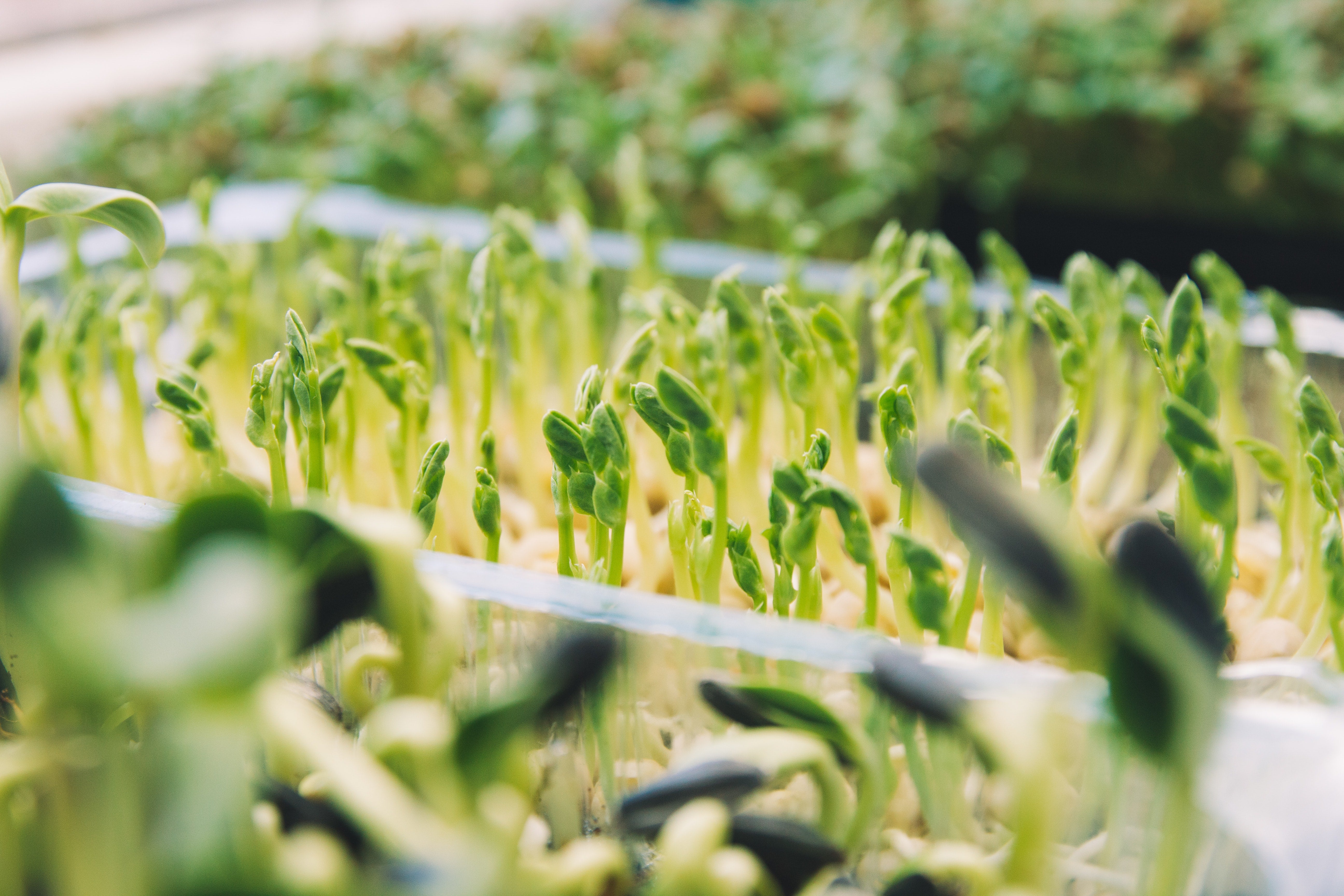23 FEB 2023
Everyone should be growing microgreens. Here's why.
Microgreens are a small but mighty addition to any meal. These tiny plants are packed with nutrients and flavor, making them an excellent way to add some variety to your diet. But, did you know that growing your own microgreens is not only easy but also comes with a host of benefits? Here are some reasons why you should consider growing your own microgreens:
Health Benefits: Microgreens are incredibly nutrient-dense, containing up to 40 times more vitamins and minerals than their mature counterparts. They are also rich in antioxidants and can help reduce inflammation in the body. Eating a diet rich in microgreens has been linked to a lower risk of chronic diseases such as cancer, diabetes, and heart disease.
Cost-effective: Growing your own microgreens is an affordable way to get your daily dose of greens. Seeds are relatively inexpensive, and microgreens can be grown in small spaces, making it an excellent option for those living in apartments or with limited outdoor space.
Sustainability: By growing your own microgreens, you are reducing your carbon footprint by reducing food waste and minimizing the need for transportation. Additionally, microgreens can be grown using organic and sustainable methods, ensuring that you are consuming food that is good for you and the planet.
When it comes to growing microgreens, choosing the right soil is crucial. Coir is an excellent option for growing microgreens because it is sustainable, pH-neutral, and has excellent water retention properties. Coir is made from the fibrous husk of the coconut and is a renewable resource that is abundant in tropical regions. It is an excellent alternative to peat moss, which is often harvested unsustainably and can contribute to the destruction of important ecosystems.

Coir has great water retention properties, which is essential for growing microgreens. Microgreens require consistent moisture levels to grow properly, and coir can help ensure that your plants are getting the water they need. Additionally, coir is pH-neutral, which means that it won't affect the acidity of the soil. This is important because microgreens require a slightly acidic environment to grow properly. Coir also has excellent aeration properties, which allows for optimal root development. Microgreens have delicate roots, and coir provides the right balance of moisture and air to support healthy growth.
In conclusion, growing your own microgreens is an excellent way to ensure a fresh supply of nutrient-dense greens all year round. So why not start your own microgreen garden with for peat's sake! coir compost today?

